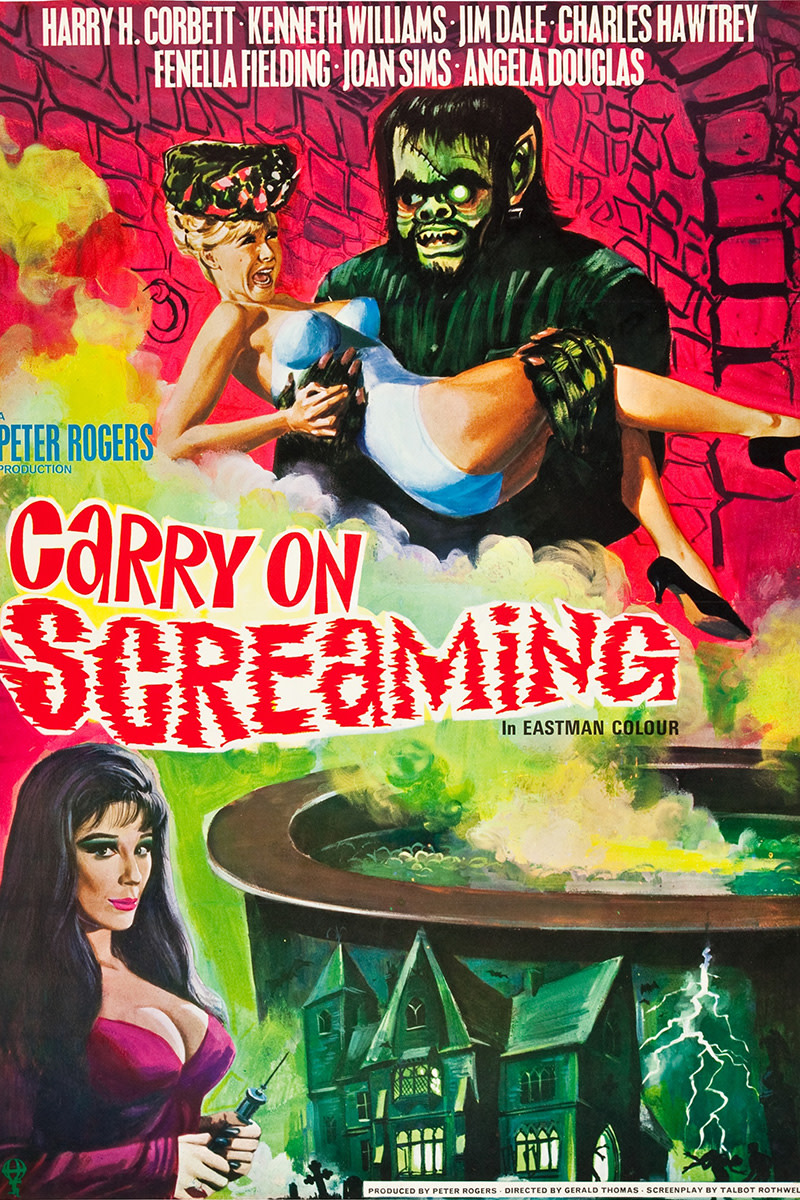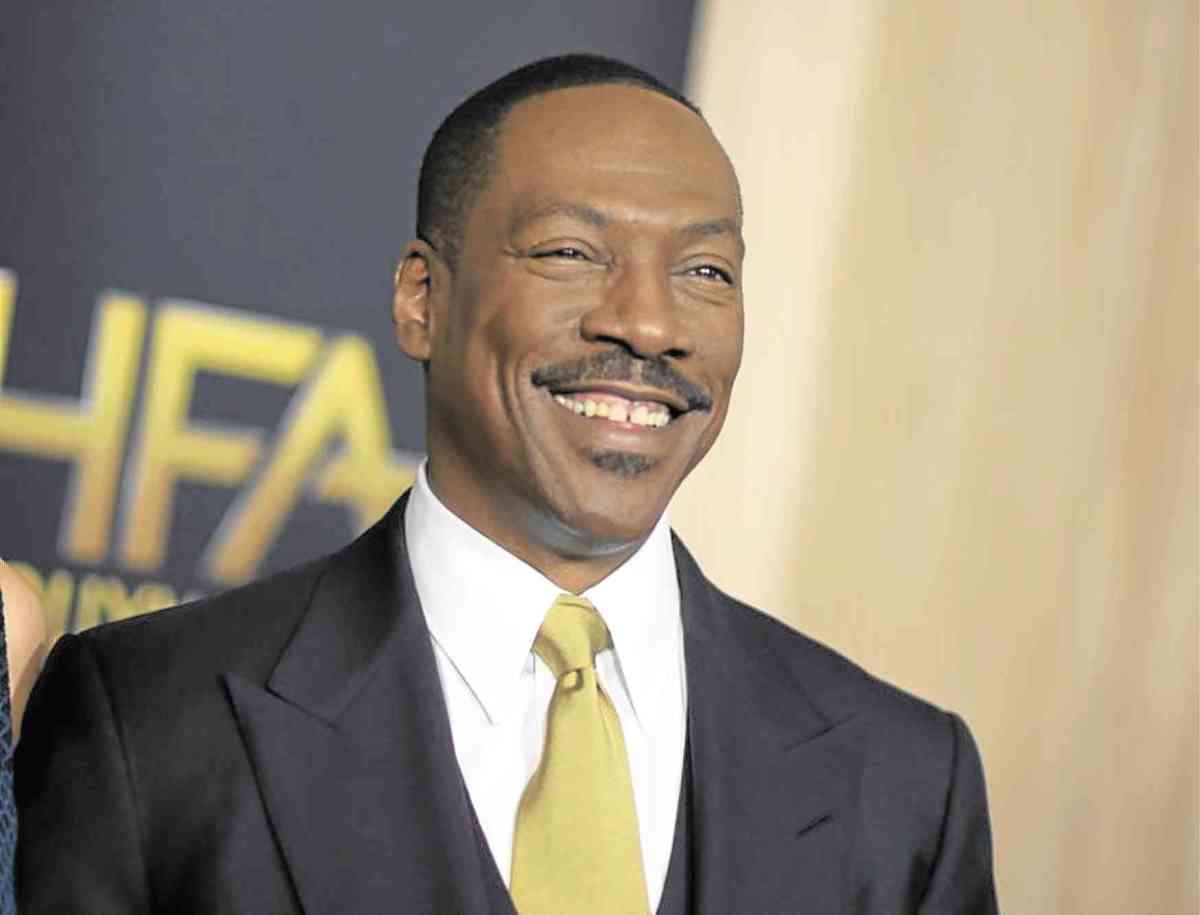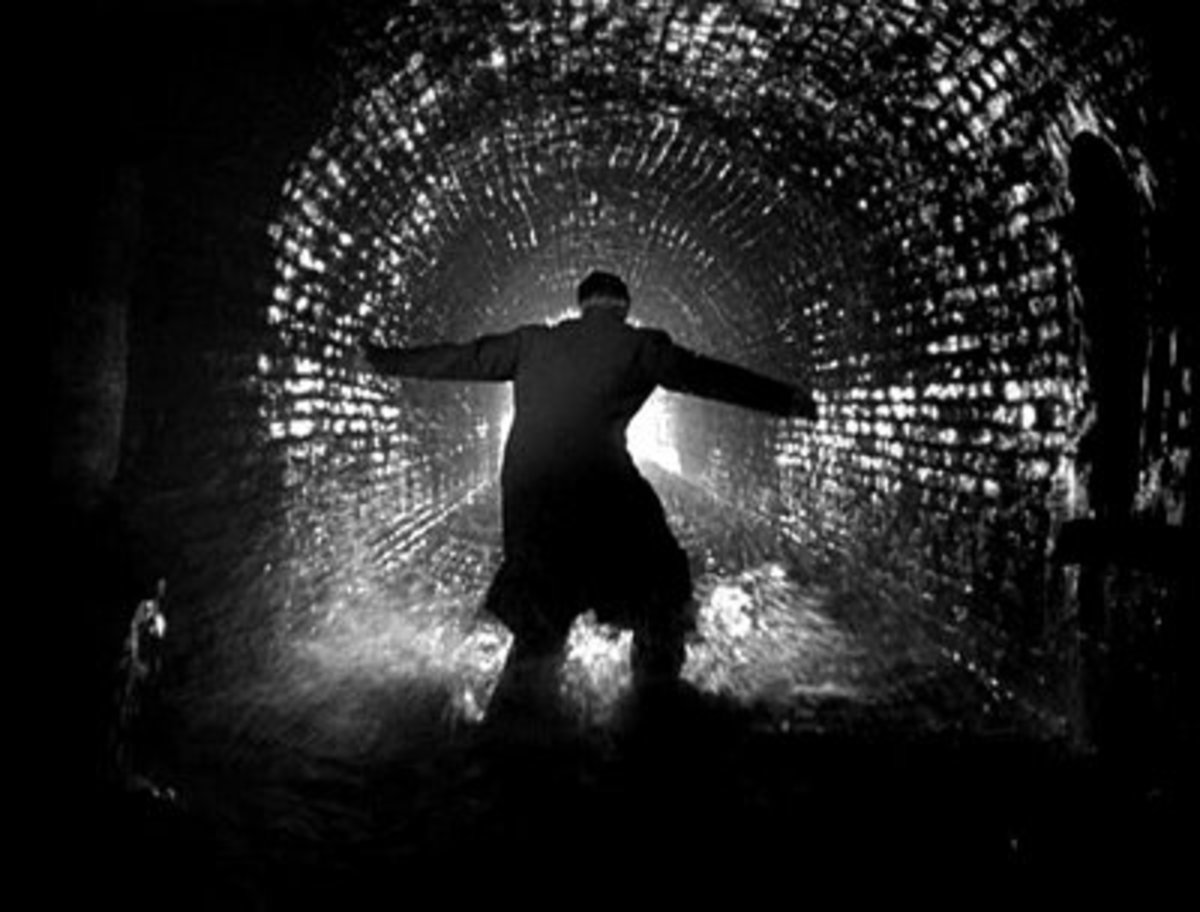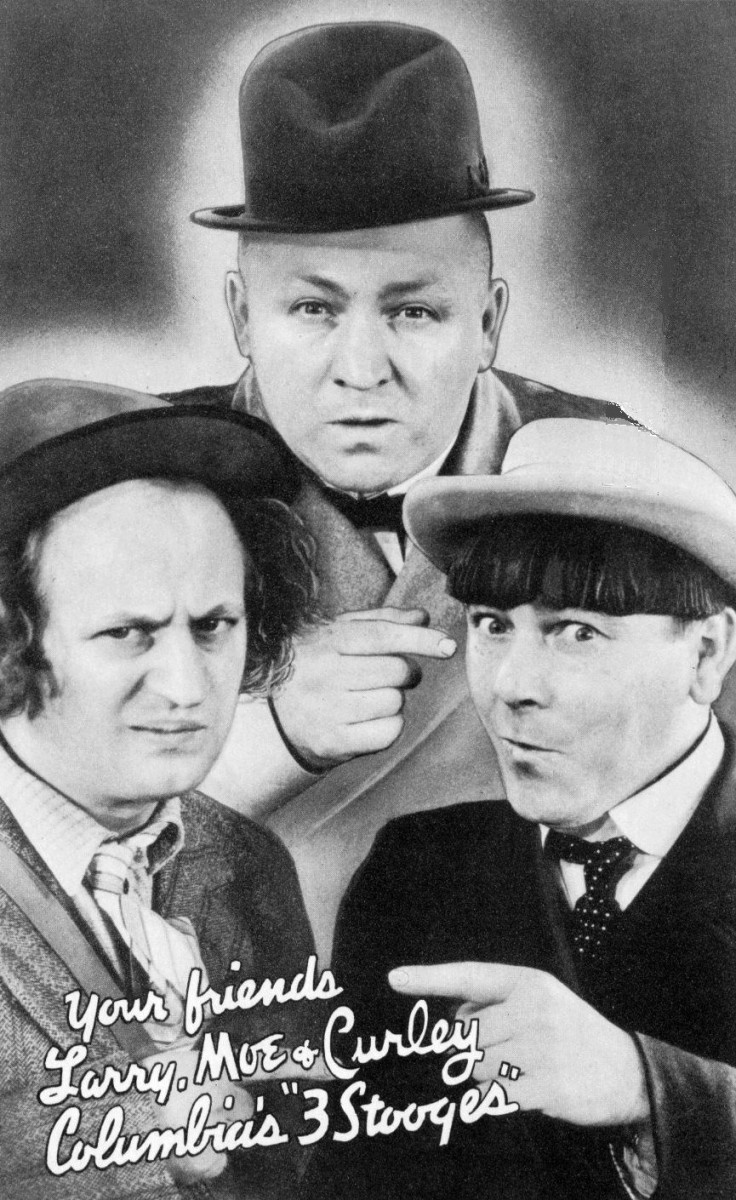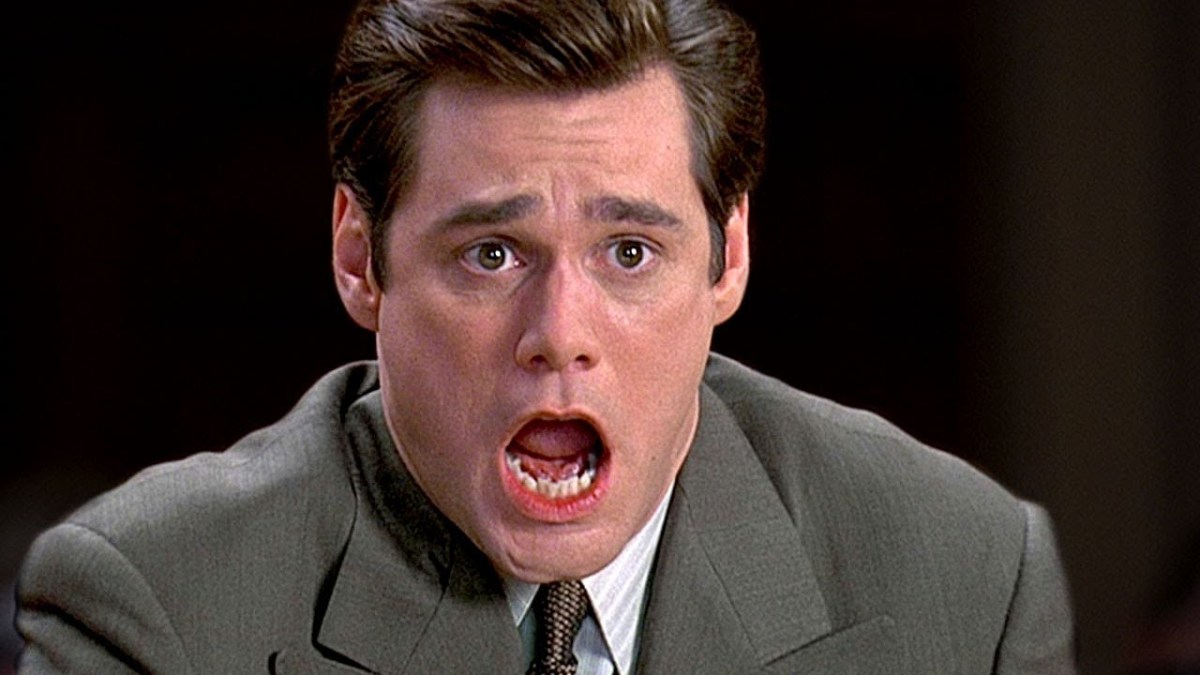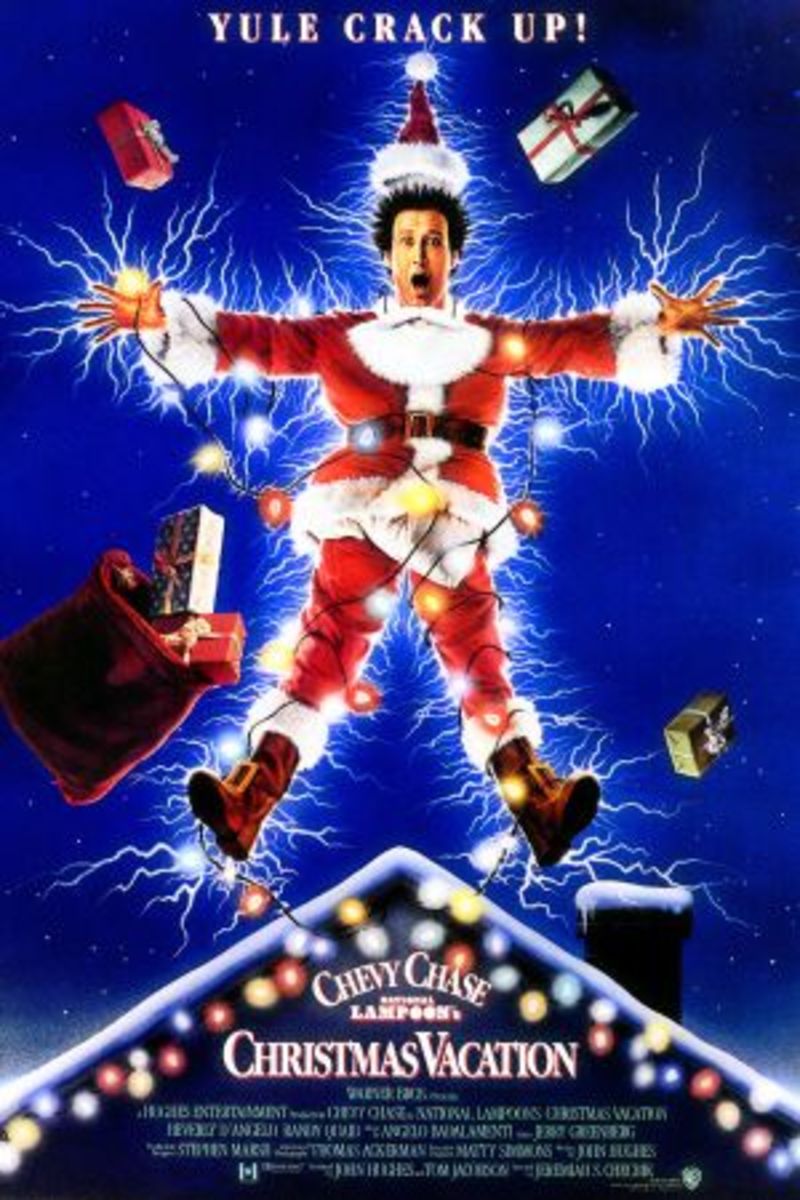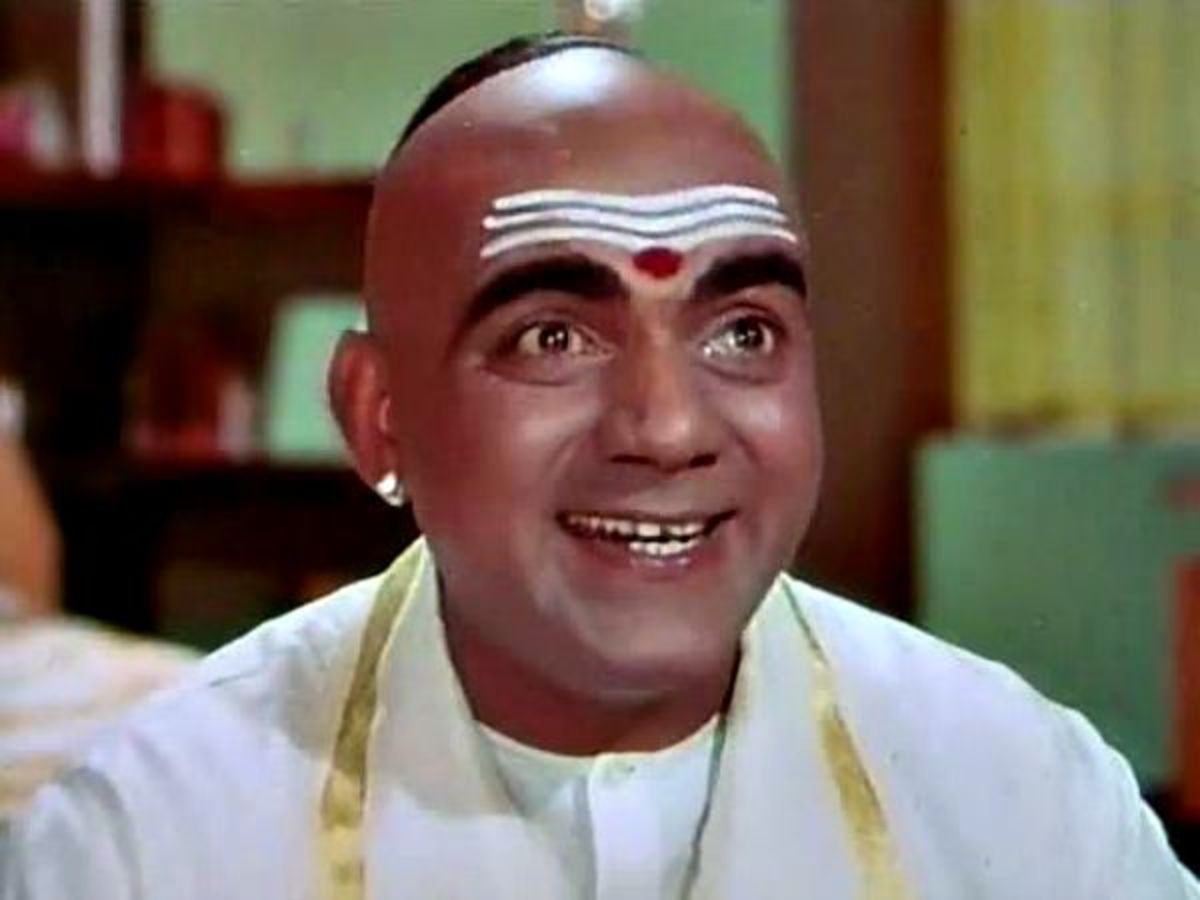Silents on Sunday at the Cinema: Two From Harold Lloyd
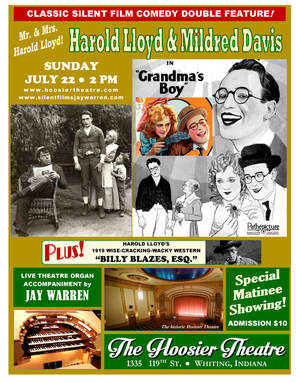
Introduction
I occasionally get the opportunity to see silent films on the big screen, and always enjoy that rare chance. A few times a year, the owner of my local theater arranges for Jay Warren, a Chicago-based silent film historian and organist, to show films the way viewers might have seen them nearly a century ago. The films, though, are not on reels, but on computer, ready for projection. The presentations always fall on Sunday afternoons. Whenever he visits, Warren reminds the audience that this theater is the last big screen movie house remaining in northwest Indiana. This place is, in addition, the last movie theater of any kind still in operation from my youth. While this theater doesn't have a working pipe organ as it once did, Warren showed he didn't need that to please the audience and keep his play timed to the images that projected onto the screen. Warren usually brings comedies, and his most recent visit proved no exception. He brought two films starring one of the silent screen's best known comics, Harold Lloyd, both of which came from the era where he usually played the glasses-clad character usually known as The Boy.
Billy Blazes, Esq.
The double feature began with Lloyd's 1919 short Billy Blazes, Esq., which parodied the westerns of the day. Lloyd is, by the title, presumably a lawyer seeking to make his mark in a small western where gunfights are the order of the day. Sheriff Gun Shy Gallagher (Snub Pollard) stays out of the way of any fray. An attempted robbery doesn't stop Billy from going to town, where he finds himself coming to the aid of Nell (Bebe Daniels), the daughter of a saloon keeper facing eviction. The movie has plenty of gun play, and even Billy uses his guns in a creative fashion. He also takes care of business physically. In one scene, he knocks down the horse of a gun-toting cowboy that resembles a scene years later in Blazing Saddles. Hal Roach, whose other film successes included works with Laurel and Hardy and Our Gang, produced and directed this enjoyable short.
Billy Blazes, Esq.
Grandma's Boy
The other film on the afternoon's program was the 1922 feature Grandma's Boy. In this feature, he plays a young man who had been picked on all of his life, and never took a stand for himself. Even when he met The Girl (Mildred Davis) and wanted to win her love, he didn't try and stop His Rival (Charles Stevenson) from doing the same thing. The only person squarely in his corner is his beloved Grandma (Anna Townsend). She looks for a way to give The Boy confidence, and gives him a good luck charm once used by his grandfather, who became a distinguished soldier when he got the charm.
During a dinner where The Girl invites both suitors to the house, The Sheriff (Noah Young) comes to the house, looking for men to help him form a posse. Both men want to help, but The Boy gets the last available deputy badge. They're on the trail of the Rolling Stone (Dick Sutherland), who committed a burglary of the town's jewelry store, and injured the owner in the process. When he becomes separated from the posse, The Boy, with his good luck charm on him, confronts the Rolling Stone. This is another fine outing from Lloyd, which he once stated was the favorite film of his career. The Boy, like Billy Blazes, is a character who is quiet and reserved until provoked. It takes more than a little provocation before the boy springs into action, but he comically responds with a flurry of physicality that remains amusing to this day.
I also liked Townsend in support as Grandma, who shows she knows how to make her grandson see he can make be more than a pushover. The veteran stage actress would continue to work with Lloyd until her passing the following year. Davis would eventually marry Lloyd in real life, then leave her acting career behind. Roach would again produce and co-write the script. This would also be one of the many pairings of Lloyd and director Fred C. Newmeyer, who helmed many of Lloyd's Boy and Lonesome Luke shorts, as well as features such as this entry and The Freshman, which is one of my favorite football films.
Grandma's Boy
Conclusion
Anybody can sit and watch these films - as well as many other silent films from Lloyd - on YouTube or other sites on the internet and not have to pay for them. When I get the chance, I'm happy to support the efforts of both Warren and my local theater. Seeing these silents on the big screen lets these images become bigger than life, and the musical accompaniment gives viewers a recreation of what it was like before motion pictures had sound. This is an experience that doesn't get old in more ways than one.
© 2018 Pat Mills

